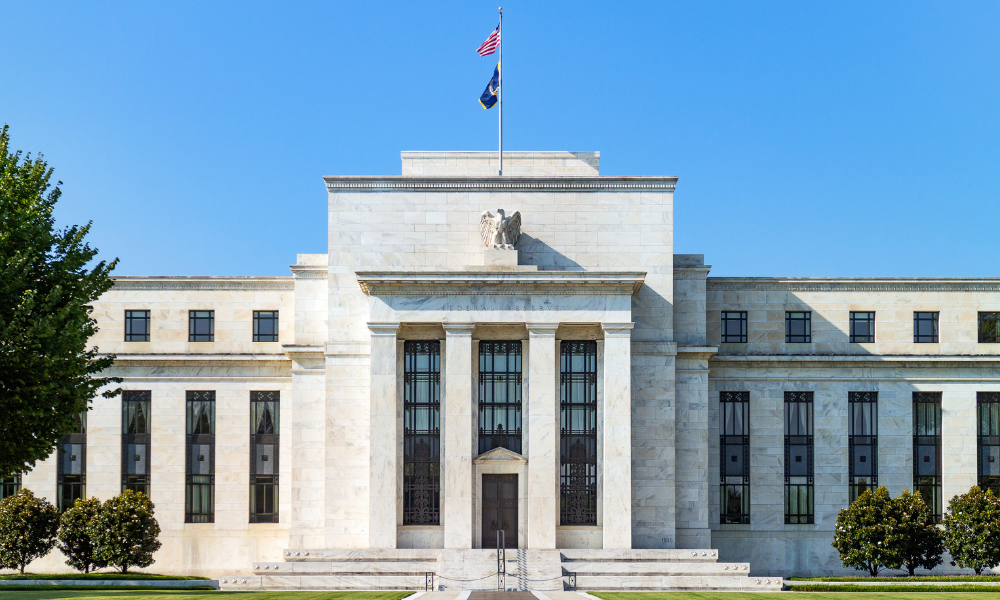Fed's rate cut in November stirs talk of December cut, but January may bring a strategic pause

The Federal Reserve’s November rate decision has stirred expectations of a December interest rate cut, although market indicators point to a potential “skip” in January, according to CNBC.
The US central bank reduced the federal funds rate by a quarter percentage point, setting a new target range of 4.5 percent to 4.75 percent for overnight lending among banks.
Before the decision announcement at 2 pm ET, market predictions, based on the CME FedWatch Tool, suggested a 67 percent likelihood of a further quarter-point cut in December and a 33 percent probability of a pause.
Following the announcement, the chances of a December cut rose above 70 percent, while the probability of a pause decreased to nearly 29 percent. Futures contracts trading in 30-day fed funds were used to derive these rate expectations.
Additionally, the likelihood of the Federal Reserve skipping a January rate cut increased to approximately 71 percent, reflecting a slight rise from 67 percent before the release of the November rate cut decision.
CNBC noted this probability shift as a key market response to the Fed’s latest move.
The November 7 meeting marked the Federal Reserve’s first rate decision since the November 5 election, which saw Donald Trump secure victory, as reported by CBS News.
When questioned about potential impacts of Trump’s policies on monetary policy and the economy, Fed Chair Jerome Powell refrained from offering comments on the election.
Instead, he emphasized that the election outcome would not influence immediate Fed decisions, which would continue to rely on economic data. “We don’t know what the timing or substance of any policy changes will be,” Powell stated. “We don’t guess, we don’t speculate, and we don’t assume.”
Powell has consistently advocated for the Federal Reserve’s independence, underscoring that decisions are based on data, not political factors.
Nonetheless, CBS News reported that Trump’s policies—including proposed tariffs, tax reductions, and increased deportations of undocumented immigrants—could present challenges for the Fed.
Specifically, these policies are anticipated to increase prices by up to 1 percentage point, adding inflationary pressure as inflation nears the Fed’s annual target of 2 percent.
Should Trump’s policies heighten inflation, the Fed might be compelled to raise rates rather than continue easing borrowing costs to address these pressures.



